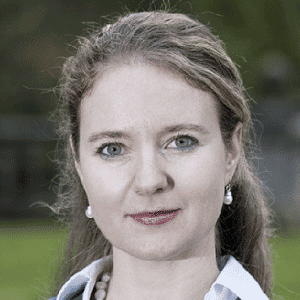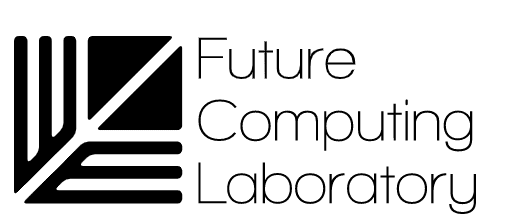Imagine our surprise when we were contacted by Dr. Thyla van der Merwe, cybersecurity expert and Managing Director of ETH’s “Future Computing Laboratory”.

Thyla wanted to support TechSpark Academy as part of the Laboratory’s outreach program, she explained and asked us to recommend how this may be done. It only took a few emails and conference calls, and we found our way forward.
TechSpark Academy & ETH Future Computing Lab
We saw that the Future Computing Lab’s mission is to advance the field of computing in a manner that is collaborative, cohesive, and considerate of global needs. We were inspired by their “global needs” mission, and after looking at several options, we agreed to collaborate towards the development of a module on “Digital Technology and the Environment”.
With the environment and global warming now front and centre of global discourse, we thought this module comes just at the right time to allow students to consider the impact of digital technology on the environment. Surely, we want students to understand ways in which digital technology harms the environment. But they also need to explore and understand how it can be a source for good, both today and for the sake of future research.
In fact, there may be a lot of political discourse on climate change, but the ETH Future Computing Lab and TechSpark Academy both believe the future of a better climate will come mostly from research and technological advancements. Governments will set the regulations and create the incentives, while Universities and Industry will find the solutions. So a good place to start is with stimulating young minds long before they make it to Uni.
About ETH’s “Future Computing Laboratory” (EFCL)
EFCL ‘s vision is to change the face of computing by building a world-renowned research centre in the areas of computer engineering and computer science and to do so in collaboration with industry partners. Their work includes chip design, memory/storage paradigms, the parallelism of programming and algorithms, machine-environment interaction, and trusted execution.

About our new module: Digital Technology and the Environment
Our new module will be addressed to teens (13-16) and consider the impact of digital technology on the environment. Students will be exposed to ways in which digital technology harms the environment, as well as to how it can be a source for good.
The focus will be on exploring basic terms and concepts and on stimulating students’ thinking about how digital technology can help us protect the environment. Participants will consider responsible use and work with real case studies and practical examples. The module will cover both Green IT and IT for Green.
What is the meaning of “Green IT” and “IT for Green”?
Green IT looks at the energy efficiency of IT infrastructure operations and e-waste and considers how IT can become greener. Take for example more ecological data centres and low carbon computer processing, or yet again cryptocurrencies whose mining is less energy-intensive.
IT for Green explores how digital technologies can be used to protect the environment and accelerate decarbonization, such as software that allows to track methane emissions or indeed something simple, like an app that helps people identify recycling centres.
Look forward to our Digital Technology and the Environment module this summer 2022 across Switzerland and online!



